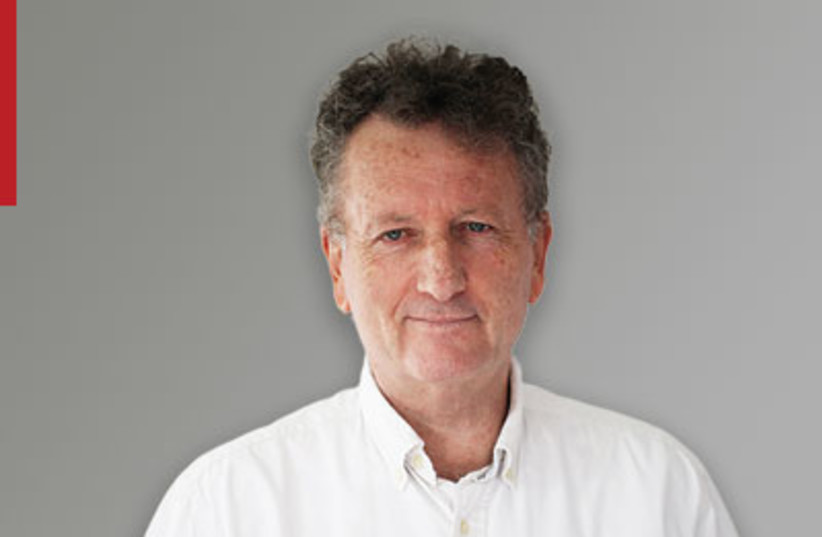The European Innovation Council (EIC) Fund has decided to make a direct equity investment in Israeli company Betalin Therapeutics in the amount of €500,000.
The investment is intended to fund human trials of a biological pancreas that produces insulin independently in the body and renders further injections unnecessary.

The European fund will appoint an observer to Betalin’s Board of Directors in order to help advance the completion of product development.
“This investment will help Betalin Therapeutics to further develop its revolutionary therapy for diabetes treatment. The EIC Fund is thrilled to support unique technologies aiming to have a global impact improving patient’s life conditions” said José Fernando Figueiredo, member of the Investment Committee of the EIC Fund.
The new investment follows €3.6 million in grants Betalin Therapeutics received last year from the EU’s prestigious Horizon 2020 R&D program.
To date, Betalin Therapeutics has raised NIS 45 million in capital investments and grants. The company's main shareholders are founder Shuki Hershcovich and his family (23%), counter cyber terrorism professional Zohar Pinhasi (20%), the Fouzailoff family (9.7%) and others.
Betalin Therapeutics was established in 2015 to commercialize technology acquired from the Hebrew University and is based on research by Professor Eduardo Mitrani. The innovation in Betalin’s technology entails the development of supportive tissue, a biological scaffold that provides support for pancreatic beta cells, without which the cells have difficulty functioning.
Existing solutions for implanting insulin-producing beta cells are complicated. The accepted procedure today is the injection of beta cells directly into the liver in a process known as the Edmonton Protocol. One common problem though is that many cells die immediately upon injection, which necessitates the donation of cells from three donors. Also, after a few years, the active cells stop producing insulin. And finally, it is a very expensive operation, costing about $200,000.
Betalin’s products are intended to treat type 1 diabetes (juvenile diabetics) and 25 percent of type 2 diabetes patients who require insulin injection.
“We are proud to be among the first technology companies that the European Investment Fund has decided to invest in,” said Betalin Chairman Shuki Hershcovich. “The fund’s investment is indicative of the EU’s confidence in the technology that Betalin is developing and its ability to bring a solution to many people suffering from the disease. The money raised will help accelerate the continuation of the trials until the product’s development is completed.”
